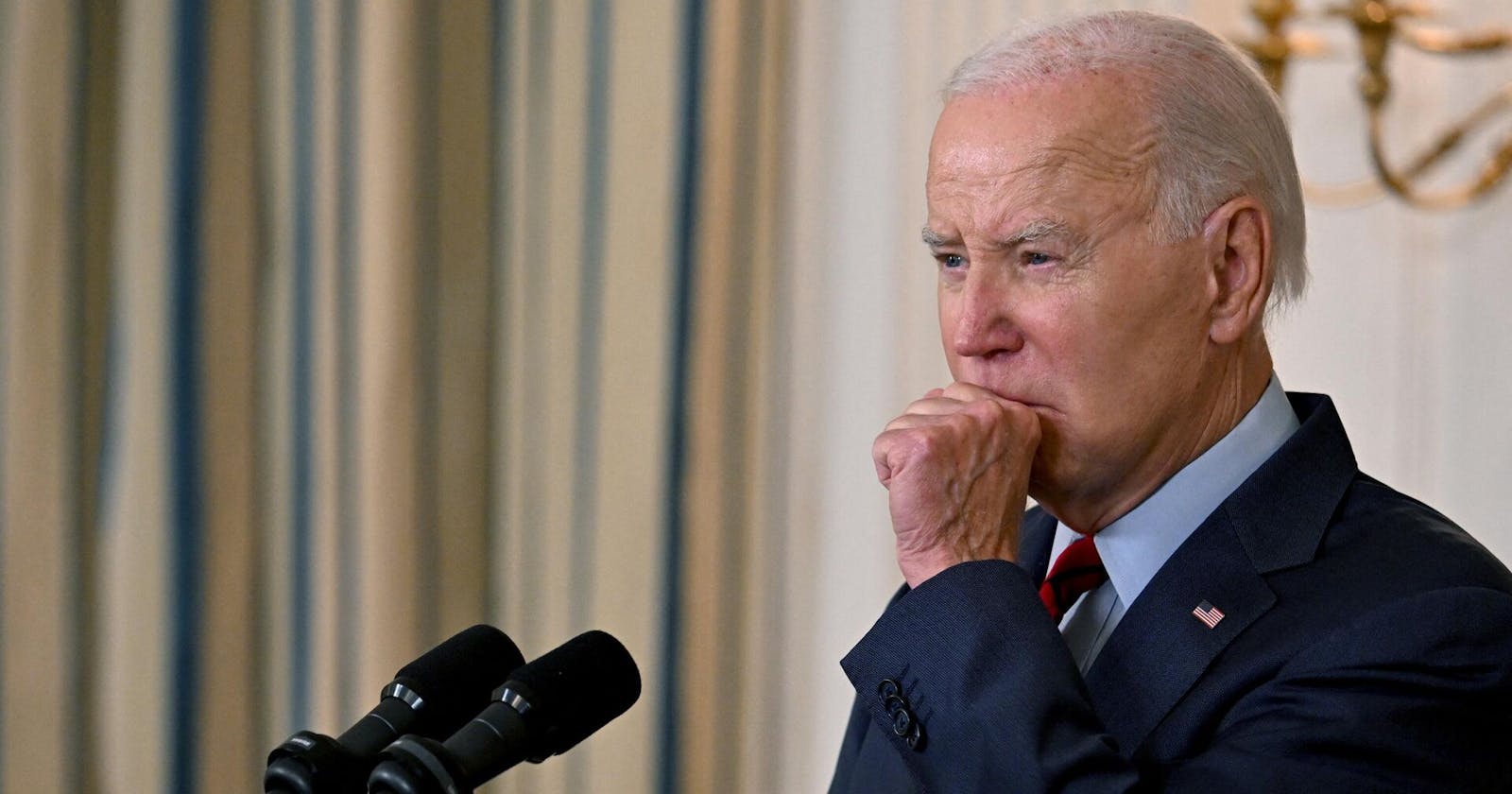Joe Biden is the second-most unpopular president in modern history
Joe Biden is the second-most unpopular president in modern history
President Biden is the second-most unpopular president in modern history, when compared to others at this point in their first terms. This at least is the verdict from a survey of polls reported on July 18 by Andrew Romano at yahoo.com.
There have indeed been many mistakes, missteps and questionable policies so far. This survey, however, says as much or more about where we are as a nation as they do about Joe Biden’s performance as President.
As Mr. Romano observes, the President has, for all his shortcomings, had some remarkable successes. He’s pushed major laws through a polarized and almost evenly-divided Congress. Unemployment and inflation are down, while millions of new jobs have come into being. Illegal border crossings and murder rates have also declined lately.
This is hardly a picture of a hopelessly-failing Presidency. We have to look beyond Joe Biden, the man and the President, to fully understand our discontent. When we do, we find that he’s not alone in his failure to gain the trust and approval of the American people.
Confidence in today’s Supreme Court is, according to a 6-23-22 Gallup report, at a 50-year low. Only 25 percent of respondents had “a great deal” or “quite a lot” of confidence in the Court, down from an average of 47 percent from 1973 to 2006. Congress fared worst of all, with only 19 percent saying that they approve of how it’s handling its job.
Joe Biden and our crisis of trust
A different Gallup survey of public confidence in 20 American institutions within and outside of government, including organized religion, banks, newspapers and the medical system, presents an equally bleak picture. “Most of the institutions rated this year are,” it reports, “within three points of their all-time-low confidence score…” The police, public schools, large technology companies, and big business, it adds, “are at or tied with their record lows.”
Our spiral into suspicion and disapproval reaches even farther. Columnist David Brooks, in a 10-5-22 Atlantic article, declares that, “In America, interpersonal trust is in catastrophic decline.” He cites a 2015 survey, in which only 33.3 percent of respondents agreed that “most people can be trusted,” the lowest figure since it first asked the question in 1972. “Today,” he adds, “a majority of Americans say they don’t trust other people when they first meet them.”
Robert D. Putnam explored this trend in a different context 23 years ago with his book, “Bowling Alone.” He revealed that bowling, which used to bring friends and acquaintances together, had become instead something that couples or families do in isolation. This fact represents for Mr. Putnam a larger pattern of withdrawal from participation in groups and activities that used to hold us together, including churches, PTAs, clubs and charitable organizations.
We’re more than ever a nation of strangers, one in which people don’t know the names of their neighbors and rarely if ever speak to them. A fragmented and distrustful society can’t sustain the thriving democracy and strong nation that we want to be and used to represent. There are nevertheless reasons for hope, in our winter of discontent.
Mr. Brooks, Mr. Putnam, and others have observed that we’ve been through similar periods in the past, and that they seem to run in cycles. The years before and after 1900 is one example. The 1960s, with its political and social upheavals, is another.
America overcame all these crises, each time with the arrival of a new generation of reformers, and a renewed sense of shared purpose. Mr. Brooks predicts, or rather hopes, that the children and grandchildren of my generation, the distrustful and disengaged baby boomers, will bring about a similar rebirth. He and Mr. Putnam agree that, for this to happen, we must learn again how to trust, form social bonds, and participate, face to face, in civic, religious and political organizations.
Until then, it’s unlikely that Joe Biden or any other president, no matter how honest and able, will be able to win the support of the American people.
